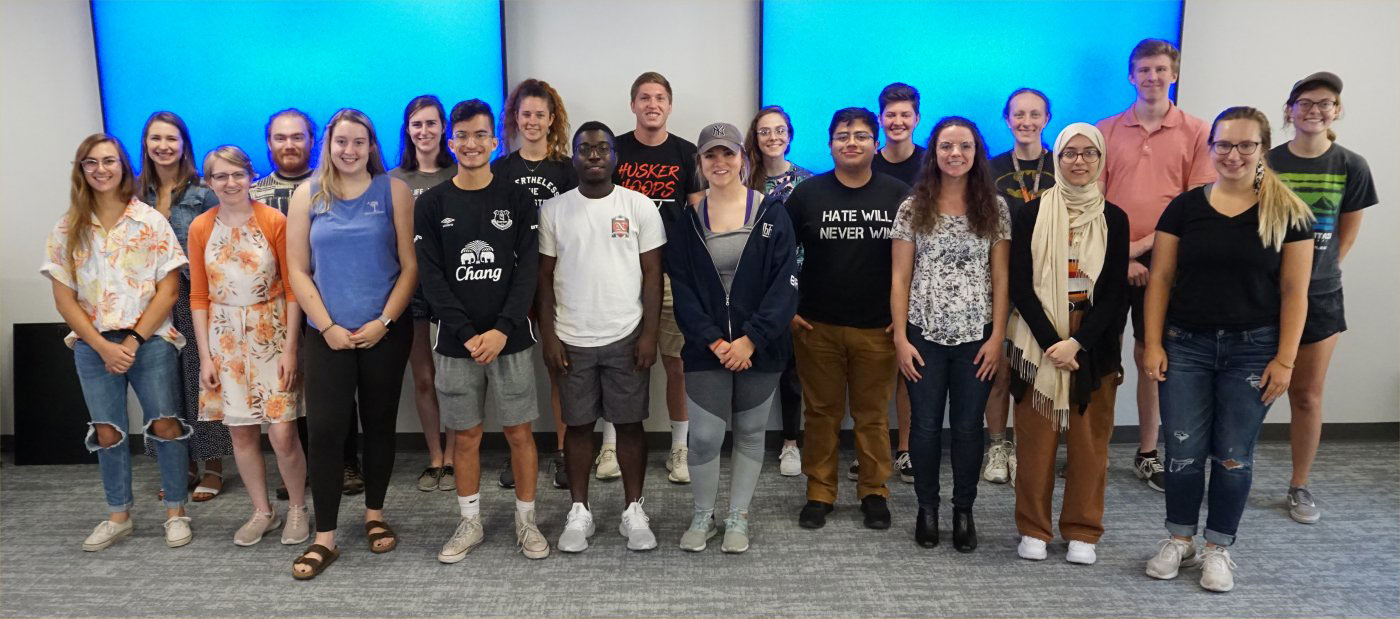Honors courses should seek to deepen students' understanding of the subject matter through consideration of more complex dimensions, apply learning through innovative and experiential assignments, and challenge students to strengthen active learning behaviors.
Types of Honors Courses
Stand-Alone Honors Section
Any Honors student may enroll (assuming pre-reqs are met, if appropriate), and departments may choose to open the class to high ability non-Honors students by permission code.
Combined Honors Section
Includes both Honors and non-Honors students, with additional work expected for any student enrolled for Honors credit. The syllabus should outline the additional expectations. If the class has a recitation, often Honors work is completed through a specific reci section.
Honors Pedagogies
- in-depth, experiential learning activities
- collaborative, project-based and/or problem-solving activities
- integration of course concepts with students’ outside coursework, major, and/or career paths
- innovation in the ways students apply and demonstrate learning
- engaging students at a more sophisticated or complex level than might be expected of students in the non-Honors version of the course.
New departmentally-offered Honors courses are proposed through the regular curriculum in your college. Honors staff are happy to help!
Why Teach Honors?
Hear from current Honors faculty about why they teach Honors
Mentor an Honors Learning Assistant
Honors Learning Assistants are upperclass students who support learning in Honors seminars while gaining valuable leadership, teaching, and mentoring experience. Students earn 3 Honors hours.
